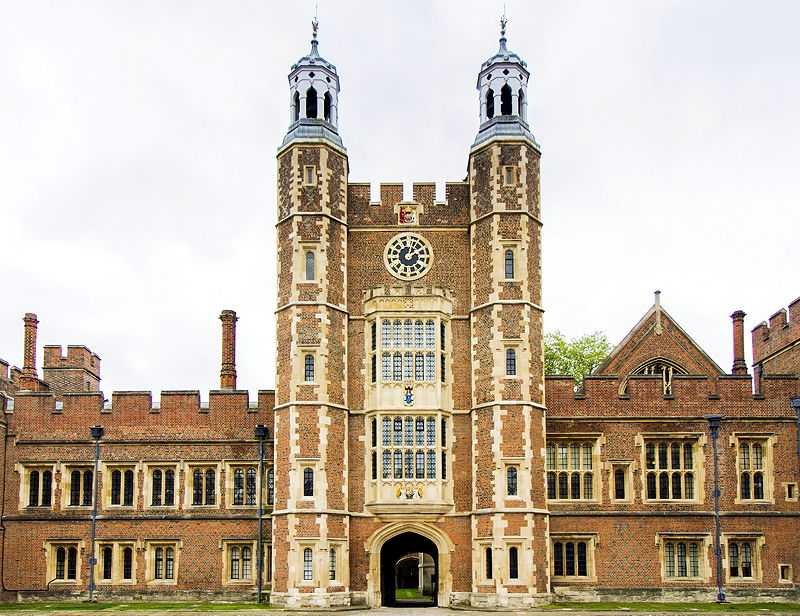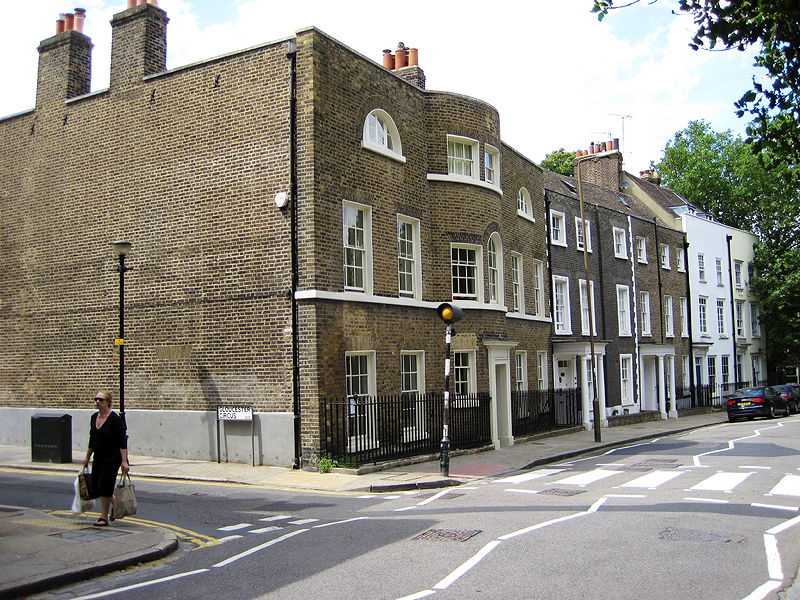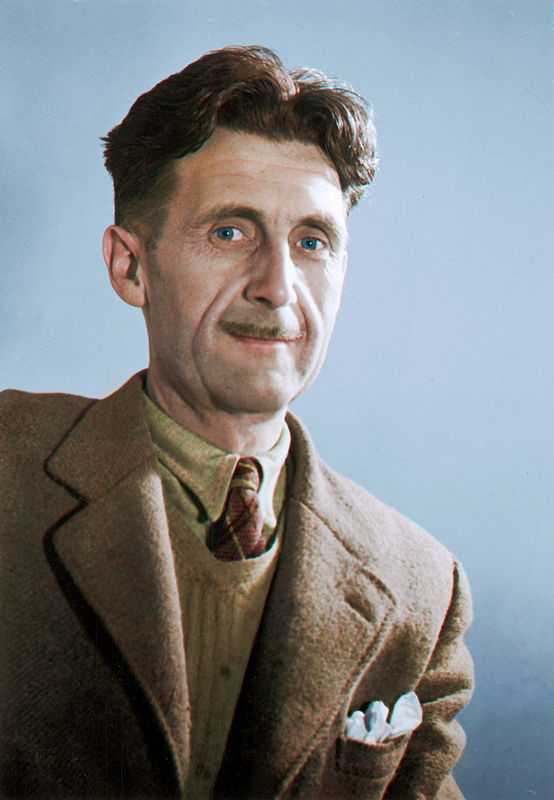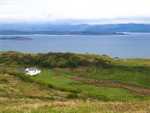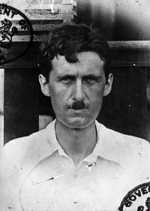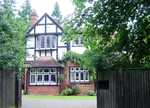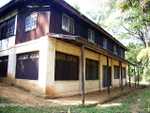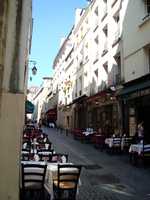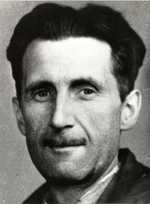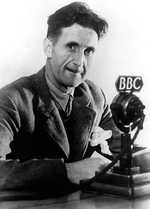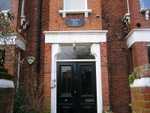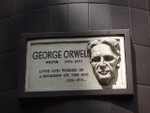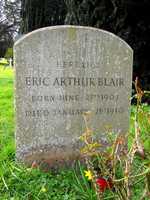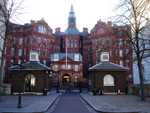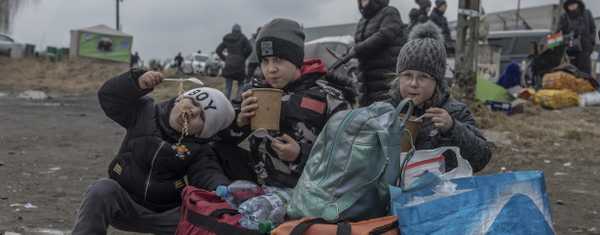1. Orwell's Early Life
George Orwell was the penname of Eric Arthur Blair, born on June 25, 1903 in Motihari, Bihar, British India.
He was the second child of Richard, an employee in the Opium Department of the Indian Civil Service, and his wife, Ida Mabel Limouzine. At the age of one, his mother took him and his older sister, Marjorie, to England and settled in Henley-on-Thames in Oxfordshire.
Apart from a brief visit in 1907, after which his younger sister, Avril, was born, Eric did not see his father again until 1912.
At age five, Orwell entered a coed convent school, Sunnydale, staffed by Anglican nuns. His mother wanted him to attend a preparatory school. The family’s finances were modest, but of her brother knew the headmaster at St. Cyprian School in Eastbourne, Sussex. A private financial arrangement was made and Orwell was enrolled as a boarding student.
Orwell came in second in a contest called the Harrow History Prize in 1916 and earned a scholarship to Wellington College and Eton. A place at Eton was not readily available.
After spending the Spring term at Wellington, he transferred to Eton as a King’s Scholar in January of 1917 and remained there until December 1921.
Orwell had never exhibited a great interest in academic studies at Eton. His father didn’t feel he could earn a scholarship. In lieu of college, Orwell’s father decided that he should join the Indian Police Service.
An exam was required and Orwell needed to brush up on the Classics, English, and history. He enrolled at Craighurst, a specialized school that trained students for specific goals. Orwell passed the exam. He chose a post in Burma, because his maternal grandmother lived in Moulmein.
2. Early Career
On October 27, 1922, Orwell boarded the S. S. Herefordshire from Liverpool to Rangoon. He traveled to Mandalay where the police training school was located. By 1923 he was an Assistant District Superintendent.
After a month at Maymyo, he moved to Myaungmya, Twante, Syriam, and Insein. Influenced by the British officers stationed in Burma, Orwell changed his appearance. He changed his usual toothbrush mustache to a pencil one and a blue circle tattooed on each knuckle. He retained this look for the rest of his life.
In 1926, Orwell was sent to Moulmein. His grandmother had died in 1925. During his stay, an elephant, reportedly, went on a rampage and killed a man. Orwell shot and killed the elephant. However, the elephant belonged to Steel Brothers, the largest timber company in Burma. As punishment, Orwell and he was transferred to Katha. While on jungle patrol, he contracted dengue fever, a mosquito-borne tropical disease.
On July 12, 1927, Orwell was given leave to return to England. He concluded that his time in Burma had been a mistake. The snobbery and bias he’d observed at St. Cyprian and Eton occurred in Burma. Ironically, he came to the realization that as a British policeman, he hadn’t attempted to solve problems. Indeed, he was part of the problem.
Orwell’s decision to become a writer and not return to Burma did not go over well with his father and uncle. They felt he was ungrateful, given the sacrifices they had made to put him through two good schools.
Undeterred in his goal, Orwell rented a small room in London and began to move about London’s slum districts to do research. He exchanged his good suit for an outfit of rags. Although he still had some money in the bank, he endured the misery; freezing rooms and bed bugs.
Orwell decided that Paris was the place to be. He was ready to work in poverty to get his great book published. He left for France in the spring of 1928. In Paris, he moved about the city, collecting notes for his prospective novel. There was considerable political unrest in Europe. Orwell’s attention was deflected from his fiction and he began to write articles for a stylish left-wing weekly. He signed his work as E. A. Blair.
Money was still an issue, but he was unwilling to borrow from friends or relatives, Orwell found work as a dishwasher at a luxury hotel. He continued to write to no avail. He left Paris and returned to London in December of 1929. He hadn’t published anything, but he took everything in stride and continued to write. He found work as a tutor, worked in the hop fields exploring the aspects of poverty, and as a teacher.
In 1933, his first nonfiction piece was published, Down and Out in Paris and London. Not wanting to embarrass his family regarding his tramping expeditions, he took George Orwell as his pen name. George Gissing was a novelist that Orwell admired. ‘Orwell’ was the name of both a Cambridgeshire village and a Suffolk river. His novel, Burmese Days, about his Indian experiences was published in 1934.
In 1935 after the release of his second novel, The Clergyman’s Daughter, Orwell met Eileen O’Shaughnessy, a college student working on her master’s degree in psychology at University College, London. They shared a passion for the countryside and for literature. They were married a year later, on June 9, 1936.
In that same year, Orwell was asked to investigate the economically depressed area in northern England. His investigation of the working conditions in the coal mining industry resulted in the publication of The Road to Wigan Pier in 1937.
Shortly after returning from northern England, Orwell became interested in the political crisis that was occurring in Spain. Expecting to fight Fascism, he found conflicting ideologies being espoused and was personally accused of being a Trotskyite. He returned home and wrote about his experiences in Homage to Catalonia which was published in 1938.
World War II broke out in 1939. Blair wanted to serve, but as a result of his health he was found medically unfit. He was hired by the British Broadcasting Corporation (BBC) to help develop programs to counter the propaganda of Nazi Germany.
In 1943, Orwell and Eileen adopted a three-month old son, Richard Horatio Blair. Orwell and his family spent time at Barnhill on the Isle of Jura where he finished Animal Farm in 1945. In that same year, while Orwell was away on a writing assignment, Eileen became sick and died on March 29, 1945.
In 1946, after working in Germany, Orwell returned to London and started George Orwell Productions. At the same time, he set out actively wife-hunting. In 1947, after recuperating from a bout with tuberculosis, he met Sonia Brownell in 1949. She agreed to marry him. While in the hospital, he and Sonia were married on October 13, 1949.
3. His Finest Works
Animal Farm and Nineteen Eighty-Four have been hailed as two twentieth century masterpieces. They have between them sold more than 50 million copies and have been translated in more than sixty languages.
However, two of his other works which made a tremendous impact on the public were discounted; Down and Out in Paris and London and The Road to Wigan Pier.
To gather information to write Down and Out in Paris and London was a courageous move n Orwell’s part. While one might question his need to atone for what he believed to be a cruel colonial system in Burma and choose to live in near destitution, one cannot deny the mental strength it took to embed himself in the underbelly of the London slums.
This act of embedding oneself has remained a popular journalistic tactic for getting at the ‘truth,’ often at risk of bodily harm.
Orwell’s in depth research in the worse kind of squalor in northern England for The Road to Wigan Pier afforded Orwell the opportunity to function as a ‘theoretical sociologist,’ establishing himself as a major socialist writer.
4. Orwell’s Legacy
Orwell was a superb journalist and essayist. He turned political writing into art.
He wrote six novels and three nonfiction books. Two of which, Animal Farm and Nineteen Eighty-Four are believed by many to have made the greatest and most enduring contribution to our political and cultural life. His work continues to influence generations of journalists.
Racked by ill-health most of his life, he was a courageous man and writer and left his mark on the English language and culture (‘Big Brother,’ ‘Double Think,’ ‘Orwellian’).
He died at the young age of forty-nine on January 21, 1950. Three months before Nineteen Eighty-Four was published.
